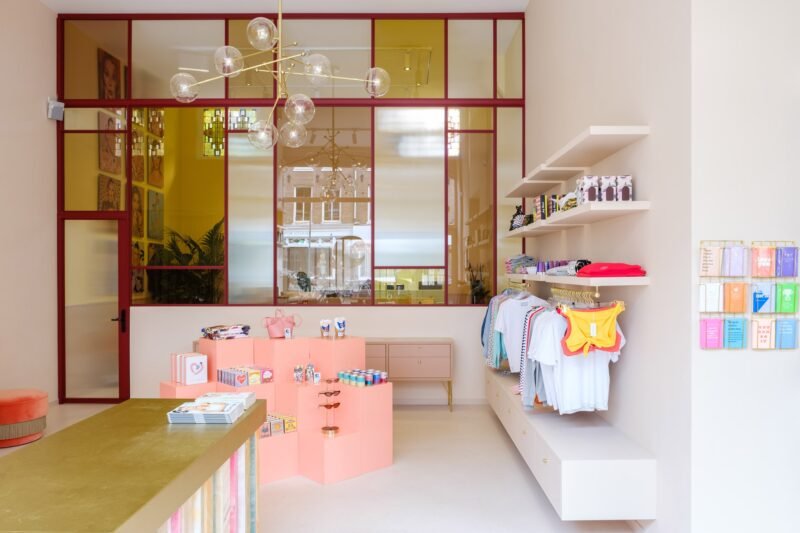A Mobile Office To Plug Into Unused Urban Spaces
So long to the good old office floors that lock you up for eight hours a day. Since we’ve all become digital nomads, the old-style office doesn’t seem to provide the ideal work environment any more. Providing a solution for flexible working in the 21st century, Portland-based design agency LOS OSOS created a mobile and modular work unit for their client Coroflot.
Connection is key in the modern work relations, and Coroflot — a marketplace for design jobs — wants to embrace this in its way of working. Their Mobile Work Unit (MWU) is able to pop up at any location in the city and connect directly with clients or partners. This makes the company extremely flexible, not only in location choice but also in the company’s scale.

The Mobile Working Unit was built with locally sourced, custom milled, and kiln-dried douglas fir wood and polycarbonate wall panels. This creates a warm but also very open and light work environment that looks bigger than it really is. The modular interior design makes it easy to adapt the space to specific requirements or functions. Thanks to a clever Lundia-like system of brackets with small pinholes, tables can turn into shelves, benches into desks and workspaces into kitchenettes. This provides the option to also use the unit for other urban functions such as retail, a showroom or even a house.

The modular interior design makes it easy to adapt the space to specific requirements or functions
The MWU is currently parked inside an old ambulance garage in downtown Portland, but the idea for the unit — that’s built on top of a trailer — to hit the road when work calls. It can be plugged into a client’s office as a parasite unit to make work relations with clients tangible, it can be moved to another city when new business opportunities emerge, or it can be located close to a worker’s houses in order to save on travel expenses. But is the mobile office the future of work?


Being flexible means opening up opportunities, and this unit enables its owner to do so. Moreover, the MWU provides a few interesting advantages compared to the traditional workplace. First, a mobile unit doesn’t cost rent — at least not for official land occupancy with a designated function for retail, housing or offices. Second, the workplace is not vulnerable to changes in the urban environment. When, for example, traffic congestion in an area starts to become a problem, you can simply move the office to another place, leaving the problems behind. Third, the unit can travel to a company’s main resources, whether it’s labor, clients or fresh air. In a continuously changing economy this can be a huge advantage. Fourth, regular change of environment can be good for people’s mental well-being and prevent them from becoming victim of routine.



